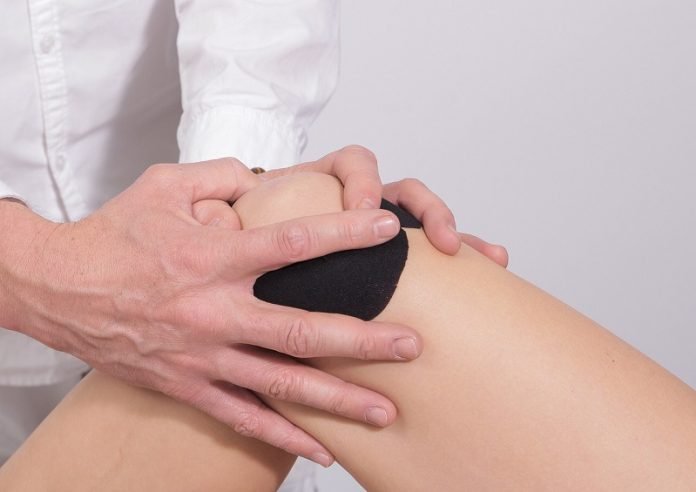
In a study from Wake Forest University, scientists found for overweight or obese patients with knee osteoarthritis, diet and exercise result in a strong difference in knee pain over 18 months.
They tested patients aged 50 years or older with knee osteoarthritis and overweight or obese.
A total of 823 patients were enrolled and assigned to a diet and exercise intervention or an attention control group (414 and 409 participants, respectively) for 18 months.
The researchers found the mean pain score was 5.0 and 5.5 in the diet and exercise and attention control groups, respectively at the 18-month follow-up.
Five of the seven secondary outcomes were much better in the intervention group versus the control group.
The mean change in 18-month body weight was −7.7 and −1.7 kg (8 and 2 percent) in the diet and exercise and attention control groups, respectively.
Overall, there were 169 serious adverse health events, none of which were strongly related to the study.
The team says the 7.7-kg (8 percent) weight loss combined with a 9-cm reduction in waist circumference in the diet and exercise group may offer health benefits for older adults with knee osteoarthritis.
If you care about pain, please read studies about the most effective drugs for common neuropathic pain, and medical marijuana for pain is linked to a slightly higher risk of heart problems.
For more information about pain, please see recent studies about a new way to reduce back pain without drugs, and results showing widely used meds for pain relief may harm blood pressure.
The study was conducted by Stephen P. Messier et al and published in the Journal of the American Medical Association.
Copyright © 2022 Knowridge Science Report. All rights reserved.



